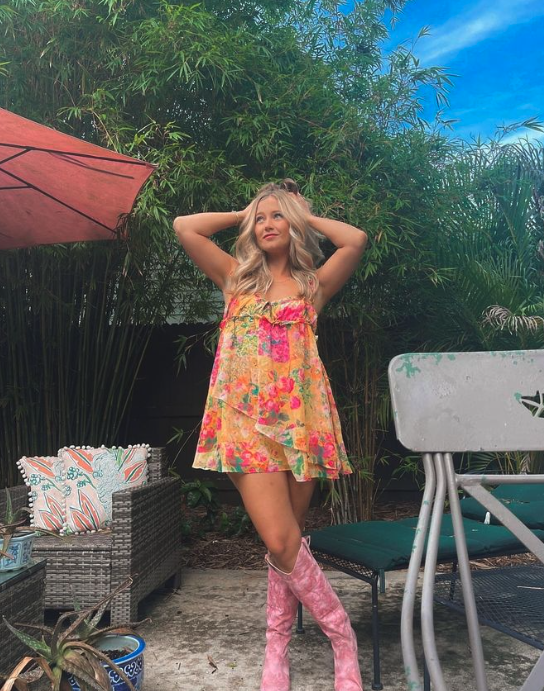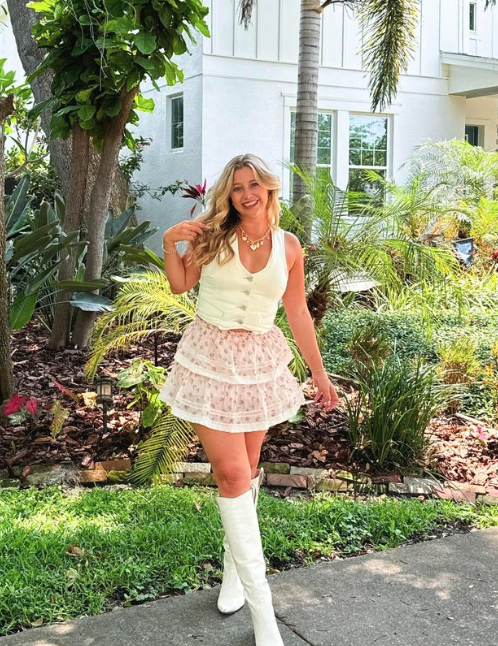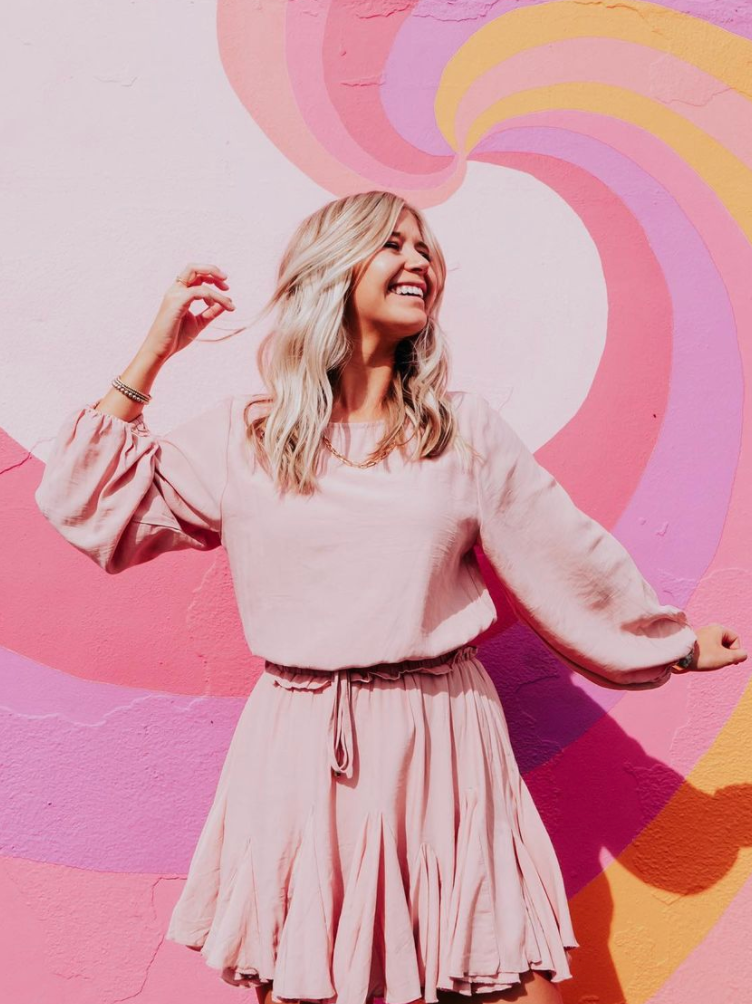
5 KEY ITEMS TO LOOK OUT FOR IN A BRANDED CONTRACT
Congratulations! You are likely reading this because you’ve received an awesome brand deal! Now the marketing team has served you with a contract outlining the terms and conditions of the collaboration. While it may seem easy to just sign on the dotted line, DON’T!
Then
I’m not going to lie to you guys, when I first started blogging over 3 years ago, I would sign any branded contract. I would quickly glaze over it but I would do the BARE MINIMUM because I was just so excited to get a brand collab. This was problematic. It caused me to be unclear on the terms of collaboration, what was expected of me, and key dates (like when I should post – kinda important if you ask me).
Now
Now I dedicate time each week to reviewing contracts and requirements from brands. WHY? Because if you don’t, you can get SCREWED for one thing, and for the other, you can become a better partner to brands by DELIVERING what is expected of you.

LET’S JUMP IN – HERE’S WHAT TO LOOK FOR:
DELIVERABLES
What is expected of you? A Tik Tok video? An Instagram static post? What about stories? Are there requirements for your caption? Do you need to share with the team prior to posting? These are all important questions that your contract SHOULD outline. If not, advocate for yourself and ASK QUESTIONS.
KEY DATES
Does the brand need to review your drafted content prior to your post? Write that date down if so! Have you agreed on a posting date & time? Is the brand’s proposed posting date and time during your workday or at a time you are unavailable? Let the brand know! Work together to find a time where you can dedicate yourself to sharing and engaging with your content.

EXCLUSIVITY
Are you allowed to work with other brands of similar niche during the time of your partnership? For example, if you are working with a lipstick brand and they say you are not allowed to partner with any other makeup brands until 3 months after your first post. Wouldn’t you want to know that?
This article by Abby Katz dives deeper into exclusivity, discussing the percentage of brands requesting exclusivity from influencers, average length of exclusivity agreements, and how influencers can be compensated for this term.
USAGE
How does the brand intend to use your content? Are they allowed to share it on their social media too? What about ads? Do you feel comfortable with that? Do you want to charge more for rights of usage? Work through this with the brand so you are fairly compensated.
Were these tips helpful? Were there any that you didn’t already know about? What are some items you typically look out for in a branded contract?
This guide by Lauren McGrath dives into the types of usage rights brands can ask for and how to effectively negotiate with them based on their request.
INDEMNIFICATION
This is a big word but don’t let it scare you. Although, maybe you should a little bit, because indemnity can be a really big deal. This clause typically places the liability on you when a brand is sued over your content. I am no legal expert, but I found this article from Forbes and I think it is beneficial to read if you are an influencer working with brands regularly. The writer, Art Neill details some strategies on what to do if you see an indemnification clause. In my experience, I have signed contracts with an indemnification clause, but I would recommend educating yourself on this topic before doing so yourself.

Are you guilty of signing contracts without reading through in the past? What will you take away from this blog post? I hope this post will encourage you to advocate for yourself as a content creator and to sniff out any terms that you don’t feel comfortable with.







